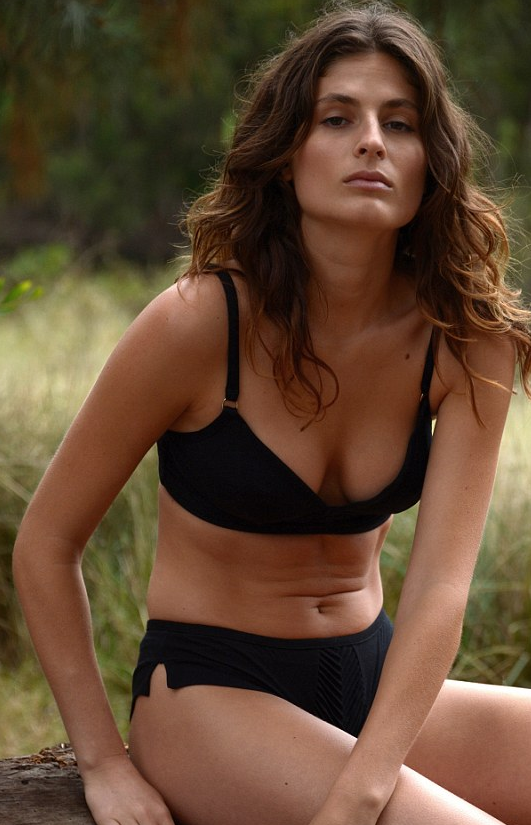
When Stephanie Devine was diagnosed with breast cancer 10 years ago, she found herself trying to find a bra that was suitable for her needs.
I can’t find a cotton lining and a non line chest corset style bra size. I’m not a pregnant bra. I want to pass chemotherapy, Stephanie, from Sydney, tell the girl.
Since then, she has admitted that she has been obsessed with making “the perfect interconnected bra in natural fibers”.
The result is a very good bra, and its slogan is “no wires, no toxins, no waste”. The product will be listed in April, made from sustainable eucalyptus and natural fiber.
As for the bra that needs women, Stephanie admits that she has been “not interested in buying better sports.”
However, when she was diagnosed with breast cancer and wanted to recover some of the toxin, it reached a climax.
“It took me four years to work on a non – Cable bra,” she said.
The more I know about the material, the more I need to use “good” to recalibrate my thoughts. Once you find that the production of a kilo of cotton requires 20000 liters of water, whether or not it is organic or not, it really makes you think.
When you realize that clothing is the second largest oil and gas pollution industry in the world, 40% of the landfill is corset style bra. You will realize that if things change, you need to do something.
It took her 18 months to develop a very good bra.
A good bra is made from plant fibers called Tencel, Eucalyptus from sustainable farming:
Stephanie explained that they need the smallest water to grow and handle.
“Tencel knitting and dyeing Melbourne organic. We have tree rubber and elasticity from sustainable management plantations, and then woven into organic cotton, so that the elastic belt, our metal is the freedom of cadmium and nickel.
But, although the entrepreneur is proud of her creation, she says it’s just a “drop of water in the ocean”.
Although she does not advocate “zero waste Wardrobe”, Stephanie says she is trying to raise public awareness of landfill sites.
She added that people need to think more carefully about their purchase options.
Less buy, better buy.
In the end, Stephanie also shares other small things that you can help the earth.
She said, “walk out of the plastic straw, bottle and bag first.”
Invest in a keep cup, making it part of your normal coffee routine.
If possible, do not take the package when shopping, if there are two comparable options, then choose to try to clean it consciously.
